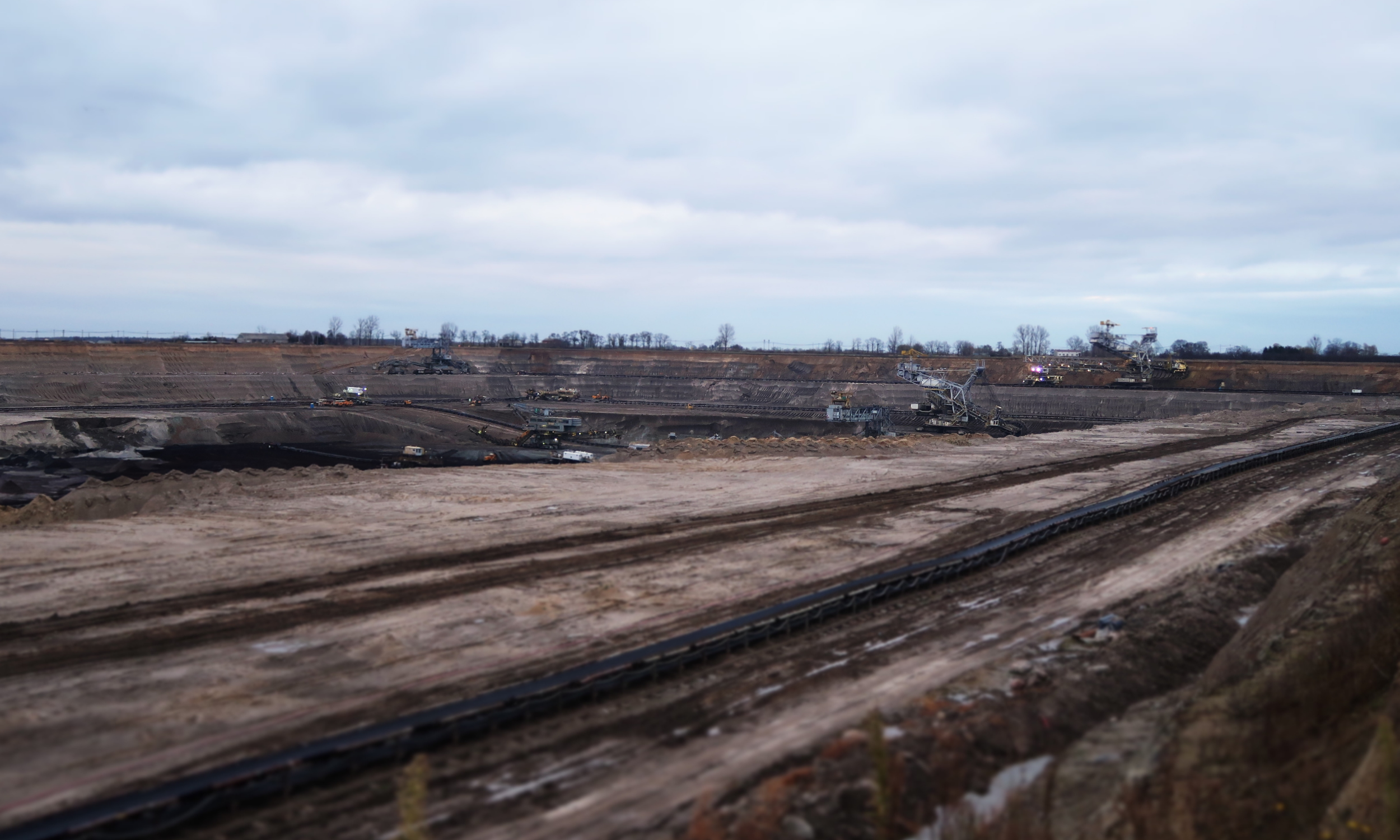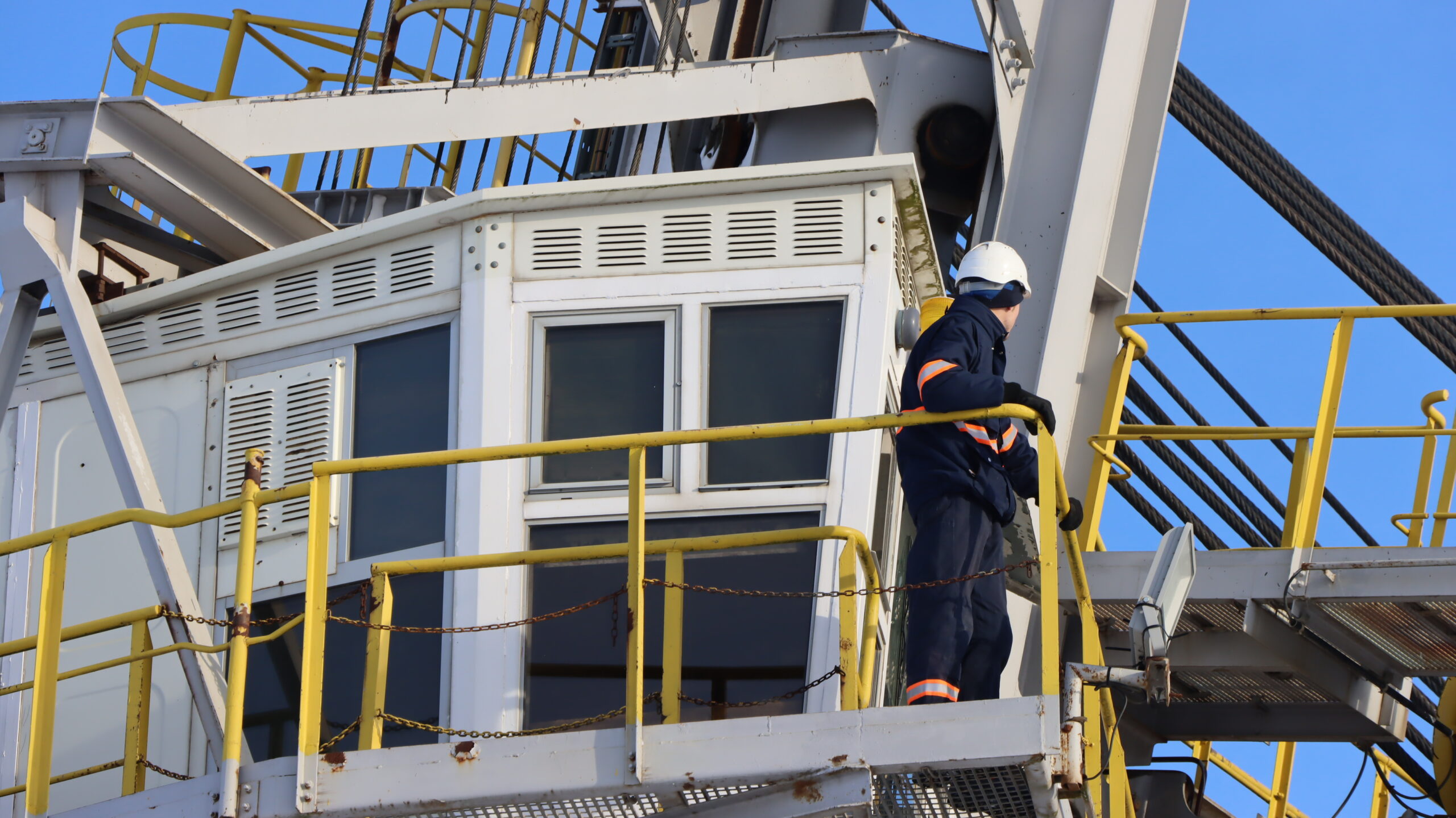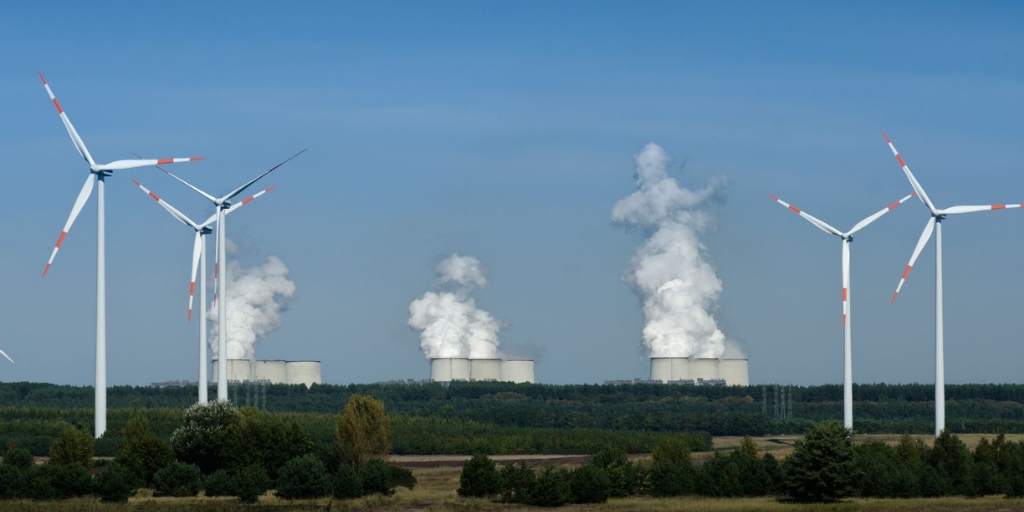Europe has ambitions to become the first climate–neutral continent. But transforming energy systems, especially in central and eastern Europe, requires substantial investment due to outdated infrastructure and reliance on fossil fuels.
While the EU budget currently funds this transition, the key challenge is to ensure impactful, high-quality investments that are both environmentally and socially just.
Involving citizens in investment decisions leads to better outcomes, including greater acceptance, a stronger sense of ownership, and fewer harmful projects.
Bankwatch works to align EU financial flows with the European Green Deal objectives, ensuring they meet the needs of people and the planet.
IN FOCUS
Just transition
Countries across central and eastern Europe are committing to quit coal and shale oil. Now the task is to ensure that the just transition is driven from the bottom up and leaves no one behind as we move towards a sustainable energy future.

Building back biodiversity
Threats facing biodiversity are increasing alongside the drivers of the climate crisis. But investments in climate protection should not come at the expense of those that can help biodiversity. The two crises of climate and biodiversity are interconnected and both must be tackled together, because only by investing in nature can we tackle climate change.

RegENERate: Mobilising Regions for Energetic Re-development and Transformative NECPs
The overall objective of the project is to support the CEE countries’ contribution to the EU efforts towards a net-zero emissions future. The project will contribute to more ambitious and effective climate and energy policies in CEE, backed by a long-term commitment to phase out fossil fuels, improve energy efficiency and promote renewable energy.

RePower the Regions: Ambitious and inclusive clean energy plans for repowering the just transition regions
The participation and leadership of carbon-intensive regions in transitioning to clean energy solutions are prerequisites for achieving EU climate neutrality by 2050. Building on this premise, RePower the Regions aims to ensure that the regions’ clean energy plans are aligned with EU 2030 climate goals and have strong support locally, and to provide practical guidelines and roadmaps on how to repower the regions.

Latest news
Hungary’s energy transition at risk due to missed EU milestones
Blog entry | 29 December, 2025Hungary is moving to scale back its national recovery and resilience plan, reflecting the government’s struggles to complete the reforms and investments required by the European Commission under the Recovery and Resilience Facility by the end of August 2026.
Read moreThe ‘do no significant harm’ principle revisited – lessons from Poland for the next EU budget
Blog entry | 16 December, 2025The ‘do no significant harm’ (DNSH) principle is supposed to prevent EU funds from being invested in projects that harm the environment and undermine climate action. Though the principle is meant to increase awareness of the importance of environmental aspects in EU-funded projects, weak and incoherent implementation has hampered its effectiveness across the EU. Lessons learnt in Poland, the largest beneficiary of EU funds, can help improve the application of the ‘do no significant harm’ principle in the next EU long-term budget.
Read moreAnother needless threat to the ecosystems we all depend on: The Commission’s panicky, chaotic deregulation drive has to stop
Press release | 9 December, 2025Among the slew of European Commission initiatives set to be launched on Wednesday 10 December is the so-called Grids Package, leaked to several media outlets last week.
Read moreRelated publications
Preserving water resilience, preventing the weakening of the Water Framework Directive
Joint letter | 19 February, 2026 | Download PDFIn this letter environmental NGOs are urging the Commission to refrain from reopening or amending the Water Framework Directive.
Bridging the gap: Financing national nature restoration plans
Briefing | 12 February, 2026 | Download PDFThis briefing provides information to national authorities on how they can best use current and future EU funds to finance their restoration plans.
Legal, technical and financial challenges facing energy communities in central and eastern Europe
Briefing | 29 December, 2025 | Download PDFThis briefing identifies the legal, technical and financial barriers facing energy communities in five EU Member States.

